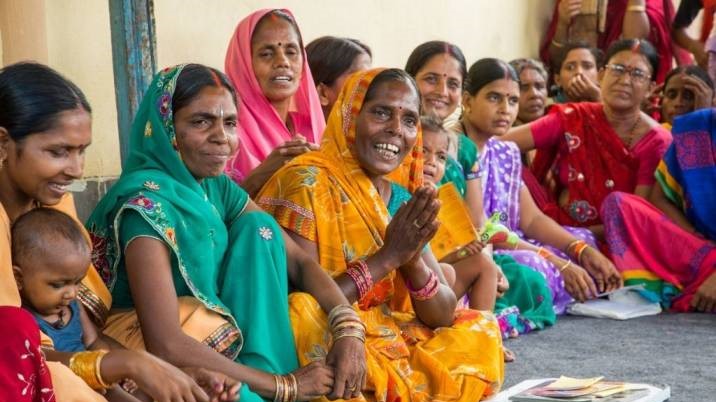Brulé Offers Insight Into Women’s Participation in Government

Rachel Brulé, Assistant Professor of Global Development Policy at the Frederick S. Pardee School of Global Studies at Boston University, was quoted in a Ms. Magazine article on female representation at different levels of government.
The article, titled “Women Are More Likely to Get Elected to Local Bodies Than to National Parliaments,” explores different mechanisms for empowering female elected officials, the impact of gender stereotypes in shaping women’s success at different levels of politics, and why women are more likely to be elected at the local as opposed to national level. On the impact of stereotypes, Brulé says that if they’re extended to more countries, women’s electoral prospects at the national level would be decreased but increase at the local/municipal level where actions are more care-based.
Brulé goes on to discuss her research into “proxy politics” in India, through which elected officials – typically women – are prevented from conducting the substantive work of governing after they are elected. While this risks diminishing the role these officials can play in their elected role, she says that women elected on quotas still have and take the chance to implement change that is beneficial to women.
An excerpt:
‘In my research I’ve found women’s participation in local government positively impacts their empowerment in the domain of labor force integration more broadly…These rights enable economic agency across the most fraught social transitions in their lives: marriage, childbirth and retirement from paid work in old age. The relationship between female representation in local politics and breadth of support for negotiating economic rights in the domain of the family is particularly strong where quotas exist.’
The full article can be read on Ms. Magazine‘s website.
Rachel Brulé is an Assistant Professor of Global Development Policy at the Frederick S. Pardee School of Global Studies at Boston University and core faculty of the Global Development Policy Center’s Human Capital Initiative. Her research interests are broadly in comparative politics, international development, political economy, and gender, with a geographical focus on South Asia. Read more about Professor Brulé on her faculty profile.